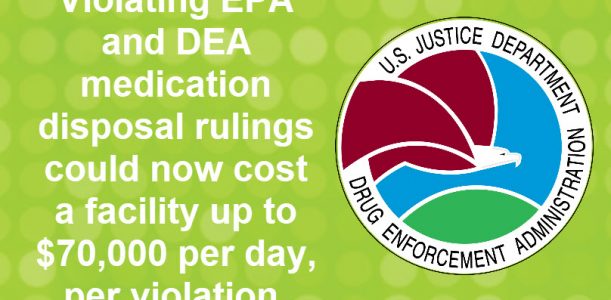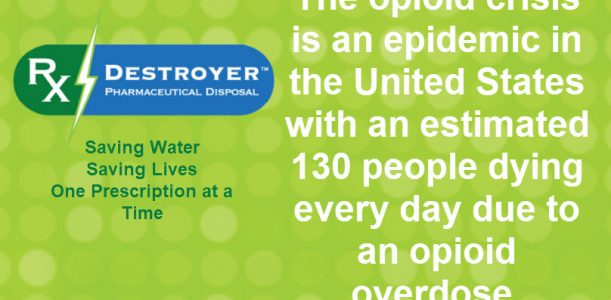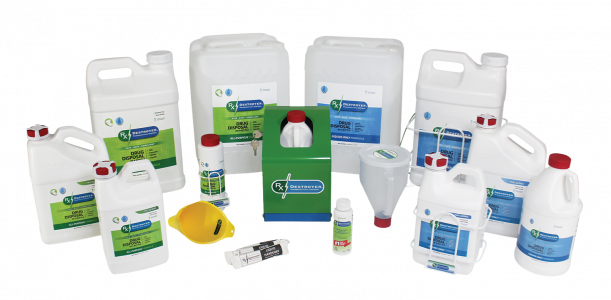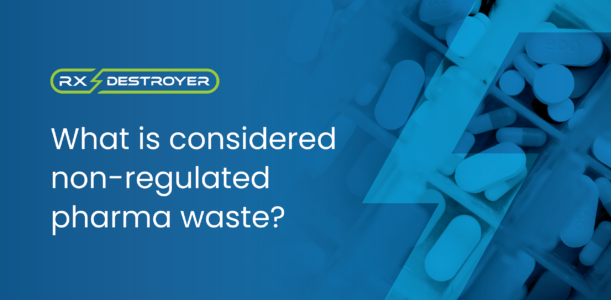Summary:
Alan McGill is a senior supervisory special agent at the Attorney General’s Office in Pennsylvania, but he started in the Bureau of Narcotic Investigations. He spent 10 years doing undercover work which consisted of getting to know people and buying various drugs off the street. Now he educates health associates and organizations in Pennsylvania on how medications are diverted out of their facility. He then trains them how to prevent that type of diversion as well as safe drug storage and disposal.









